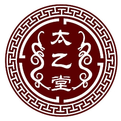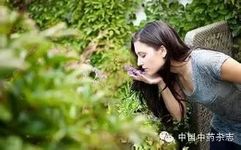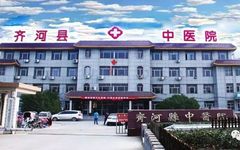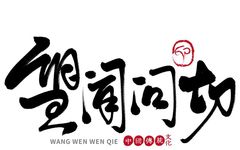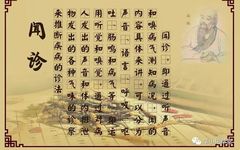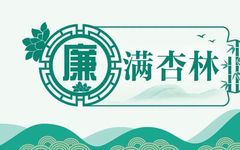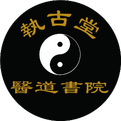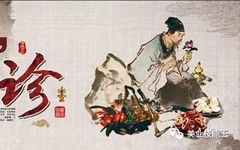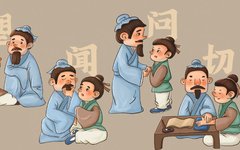National Traditional Medicine Day: A New Chapter in the Legacy of Traditional Chinese Medicine
National Traditional Medicine Day Every year on March 17th, China celebrates National Traditional Medicine Day to commemorate the victory against the abolition of traditional medicine and the complete denial of Traditional Chinese Medicine (TCM) and herbal medicine. This day aims to promote TCM and herbal medicine in China and worldwide, benefiting humanity. It holds significant … Read more

